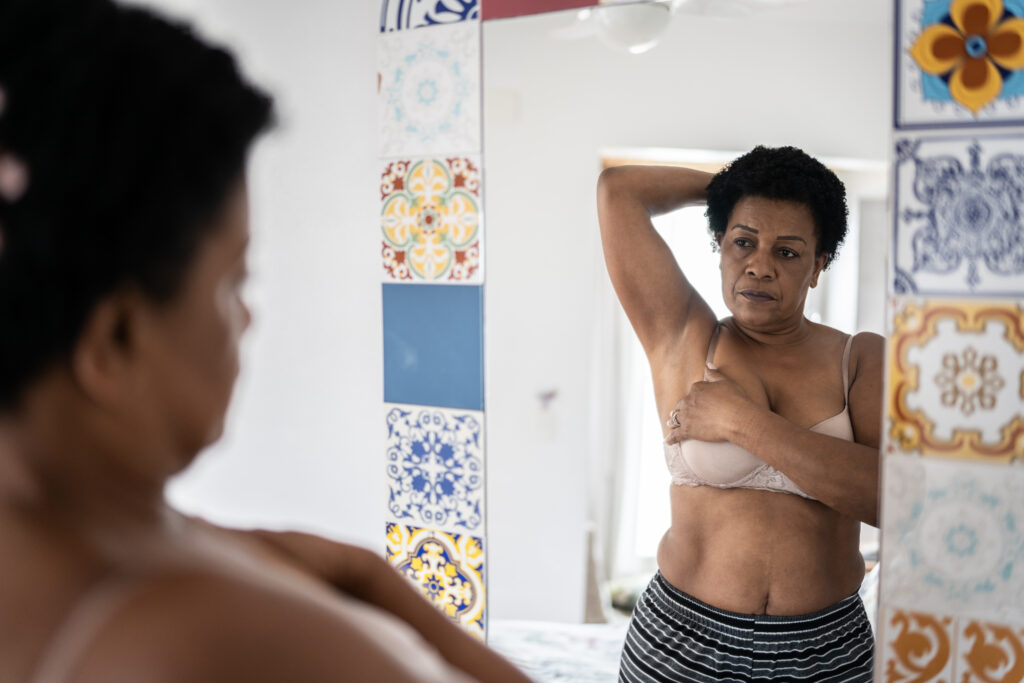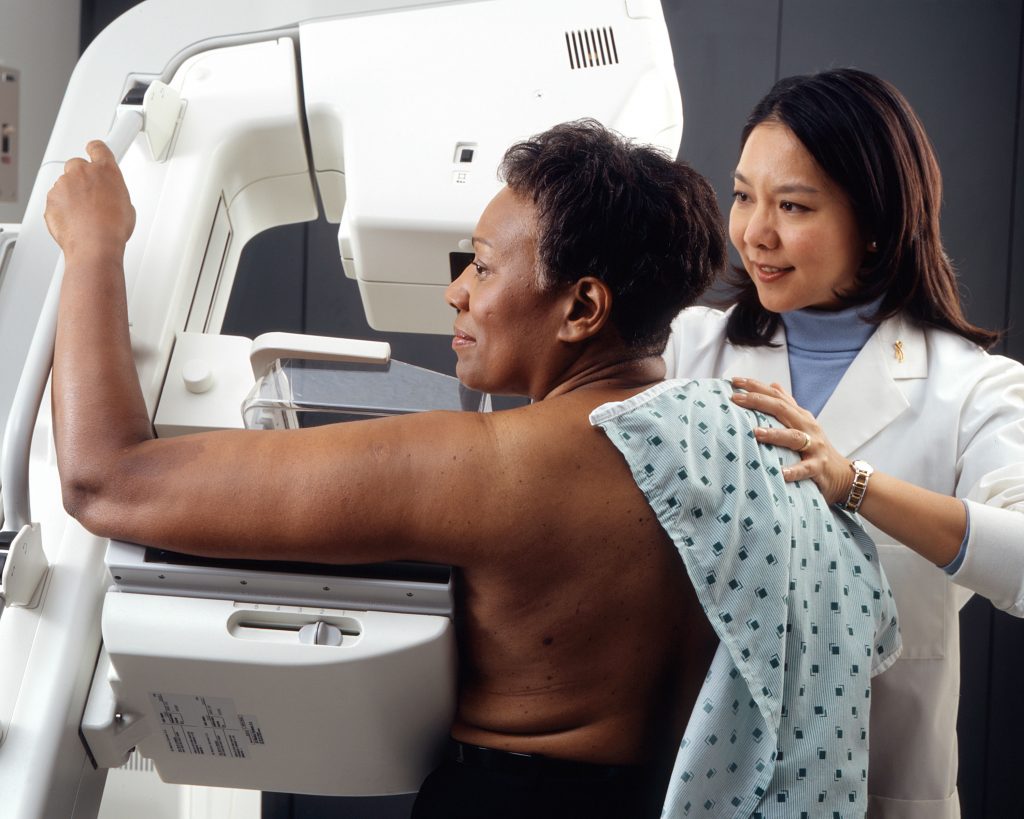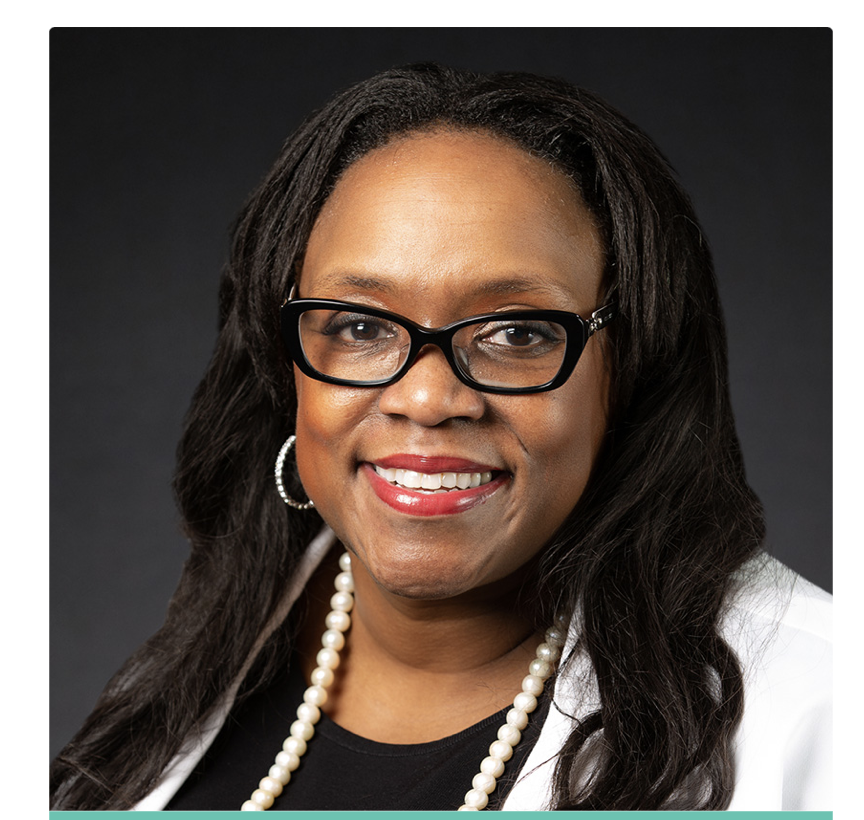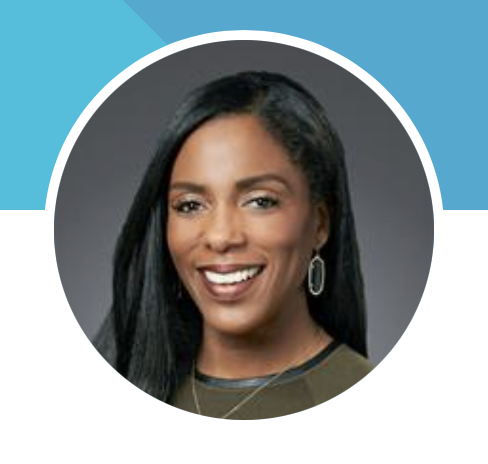
This month, we’re here to praise and celebrate the breast, that timeless symbol of sacred nourishment and feminine Eros. Yes, October is Breast Cancer Awareness Month. And yes, according to the American Cancer Society (ACS), as of 2019, breast cancer became the leading cause of cancer deaths among Black women. Black women have twice the risk of Triple-Negative breast cancer, an aggressive type of the disease. We also have a higher risk of BRCA1 and BRCA2 genetic mutations that carry a higher risk of breast cancer. Noted. Black women face many challenges specific to being Black in the cancer conversation, but few of these challenges have anything to do with genetics. Consider these facts:
According to the ACS, Black women are…
- More likely than any other group of women to be diagnosed with late-stage breast cancer, which is usually more costly and difficult to treat
- More likely to experience delays in treatment
- Less likely to receive the recommended treatment
Cherished elders are encouraged to discuss with their doctors if they have:
- An immediate family member(s) or close blood relative(s) who had/has a history of breast cancer– this doubles your risk.
- A personal history of gynecological cancer or previous breast cancer. The risk increases three to four-fold of developing a new cancer in the other breast.
- “Late” menopause (later than age 55) may increase risk likely due to increased exposure to estrogen.
Any woman, regardless of age, who has a family history of cancer, particularly breast and ovarian, should bring it to the attention of her physician, who can evaluate potential breast cancer risk, the need for genetic testing, and the proper screening plan to follow. Monthly Breast Self-Exam (BSE) and an annual mammogram remain the gold standard for early detection. Treatment options for older women may change depending on the stage and type of breast cancer, and if we have other health issues.
Black women are 41% more likely than white women to die from breast cancer, even though they are less likely to be diagnosed. The reason for these racial disparities is structural racism, which creates inequalities in the social determinants of health. Income plays a role: population density among Black people in states where Medicaid services have not been expanded makes access to care difficult for low-income women. Also, many communities lack Black clinicians or doctors of any ethnicity who are adequately informed and trained in interacting with communities of color. This institutional lack of cultural sensitivity creates a lack of trust, resulting to fewer Black women seeking medical attention. Also, according to the African American Breast Cancer Alliance (AABCA), clinical studies need to be expanded to examine more racial and ethnic diversity.

Check your breasts every month at the same time. Finding a lump may be easier if your skin is warm and wet, so try it in the shower, using the flat sides of your two middle fingers to gently press across each breast. Using lotion instead of checking wet skin in the shower also works, giving your hands what massage therapists call slip-and-glide. The slippery skin texture may allow you to recognize small irregularities under the skin.
Gynecologist and obstetrician Jessica A. Shepherd, MD of Baylor Scott & White heath group in Dallas also cautions that changes in the skin including nipple discharge, especially if it’s bloody or yellow-green suggesting infection, may be a sign of potential cancer: “When breasts have unexplained redness, swelling, skin irritation, itchiness, or rashes that are new or have been there longer than expected, check with your doctor.” Anita Johnson, MD, FACS, Leader of the Atlanta Women’s Cancer Program and Chief of Surgery for City of Hope in Atlanta adds, that puckering of breast tissue is also a potential red flag, perhaps signaling a tumor: “Any dimpling or retraction of skin on your breast should be checked by your doctor.” This includes inversion or turning inward of your nipple.


If you discover a lump during your BSE, take a breath and print out these questions for your next medical appointment:
- What kind of lump do I have?
• What type of biopsy will be done?
• How soon will I know the results?
• If I do have cancer, what happens next?
• Are more tests needed? What kind?
• Who will talk to me about treatment and what are my choices?
• What is my breast tissue density?
• What will happen if I refuse treatment?
• What stage is my breast cancer?
• Is my cancer estrogen-receptor positive or negative?
• How much experience do you have treating breast cancer?
• What treatments are recommended for me?
• How much time do I have to consider treatment options?
• Will my breast be removed or not?
• Can I have breast reconstruction after a mastectomy? If so, when is the best time?
• How effective are these treatments?
• How long will treatments last?
• Where will l receive treatments?
• How will treatments make me feel?
• What are the potential short-term and long-term side effects of treatment?
• What is my prognosis?
• What is my risk for recurrence?
• How often will I be screened for breast cancer after treatment?
• Could I get cancer in my other breast?
• How will my sexual life be affected?
• Is genetic testing available?
• If I have a genetic mutation, should my daughter, mother or sister be screened for breast cancer?
You may want a second opinion from another doctor or other specialists, but do not delay. Remember, you have the right to ask your doctors questions, get answers you can understand, and get proper medical care.
In the interest of being informed, there now is a small but vocal counter-movement against the standard medical advice that American women have been getting about their breasts for the past half-century. Get a glimpse from OB-GYN Lissa Rankin MD here: https://lissarankin.com/screening-mammography-saving-lives-or-overdiagnosis-overkill/
So, what’s there to celebrate? Knowledge. Access. Gaining ground. Finding our voice. Creating agency around our bodies, our selves. Obstacles to diagnosis and treatment must be addressed to advance health equity. In this way, when you as a Black woman advocate for your own health, you also are doing so for the generations to come.
Resources:
For the Breast of Us
Instagram: @forthebreastofus
Twitter: @thebreastofus
Facebook: For the Breast of UsPodcast: Baddie 2 Baddie
Black Women’s Health Imperative
Share your survival story in the comments!
Be the first to comment